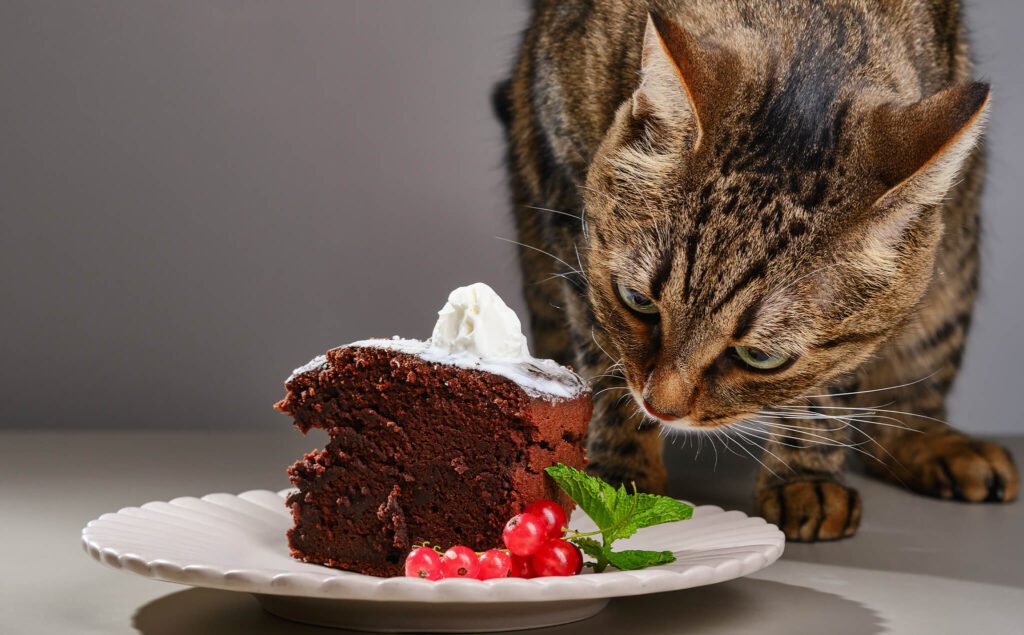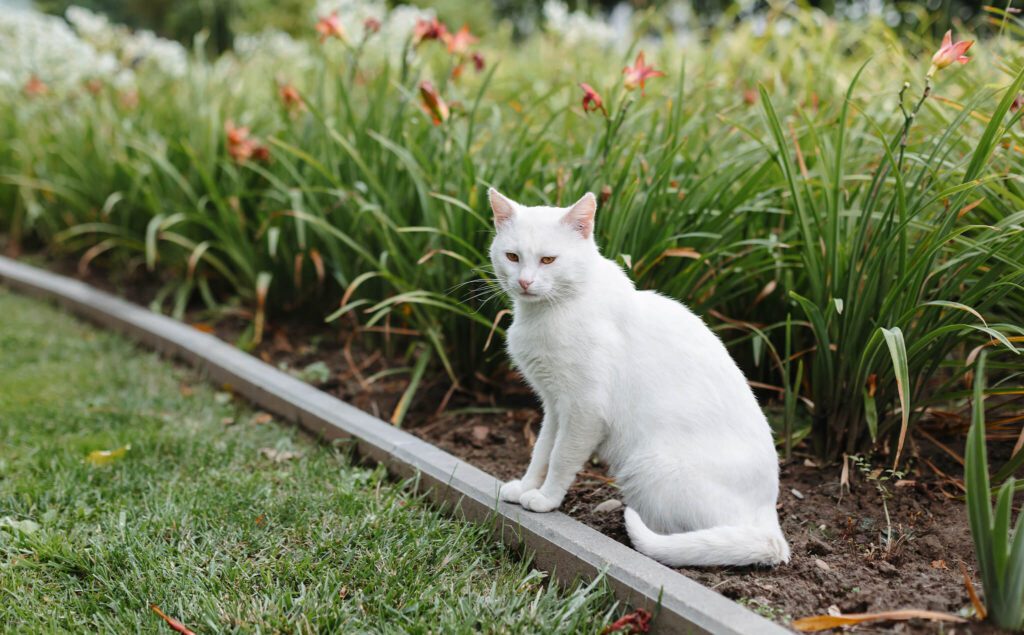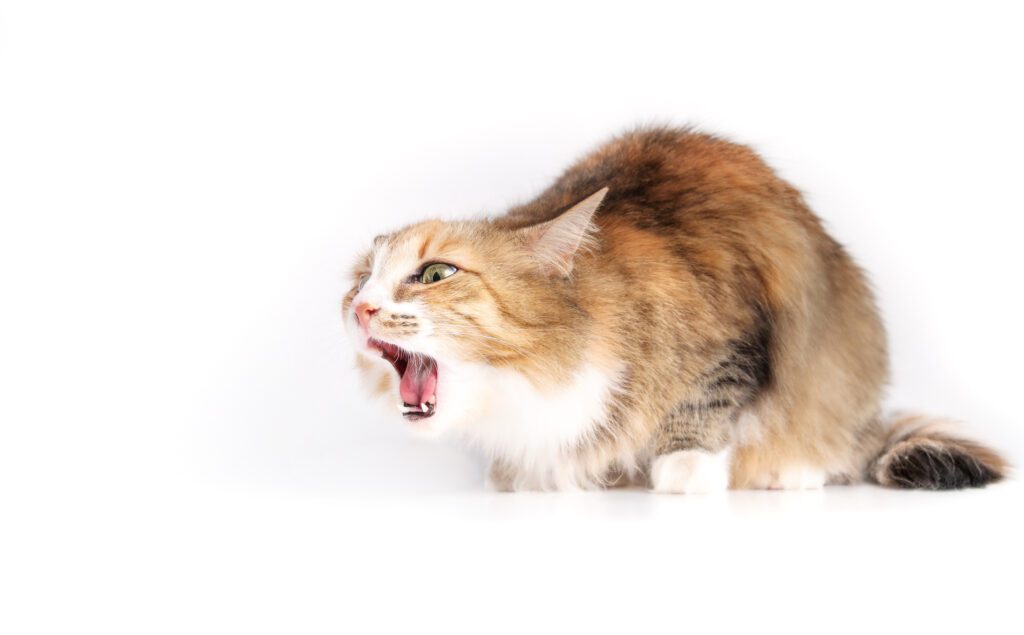Frostbite in Cats in Highland, IN: Signs and What to Do
As the weather cools to near freezing and below, it is important to know the signs of frostbite in our cats in Highland. If we do not, it is possible that our pets could suffer pain and lost appendages. Housecats are not commonly exposed to severe weather, but a street cat or a housecat left out for too long can experience the dangers of the cold.

Some cats are more at risk than others. Diabetic or heart diseased cats with poor circulation, as well as those that are sick or otherwise debilitated, are more likely to experience frostbite than healthier cats.
What is Frostbite in Cats in Highland, IN?
Frostbite is harm to tissues exposed for a long time to extreme cold. Basically, the non-vital tissues such as ear tips start to freeze and die. Though frostbite is rare, those who get frostbite will often lose an appendage if it is not treated right away. As a cat is exposed to severe cold weather, the tissue of their extremities will begin to die off. The tips of their ears, tail, and paw pads will be lost if frostbite sets in and no treatment is given.
When exposed to extremely cold temperatures, a cat’s body, or any animal’s body, will begin to protect the vital organs by re-routing the blood flow in the body. The blood is instead kept closer to the core of the body, reaching only the essentials. Ear and tail tips are not necessary for survival and will be the first to go in terms of blood circulation. Without warm blood reaching the tissue, ice crystals will form in the cells and they start to die.
The Signs of Cat Frostbite in Highland, IN
In order to be able to seek treatment for frostbite in cats in Highland as soon as possible, it’s very important to learn and be able to recognize the signs of when it’s beginning to set in.
Common signs of frostbite in cats include:
- Because frostbite likely means the cat is suffering from hypothermia, its body will immediately feel cold to the touch
- The tips of their extremities feel very cold, even icy
- Their paws, tail, and ears are numb
- Fur falls out of affected areas, skin blisters
- Discolored greyish skin that flakes away
- Ear and tail tips may shrivel
- As symptoms appear in the following days, skin may become black and swollen
- Secondary infection will announce itself by smell
The signs of frostbite in cats is not dissimilar to signs of sunburn in humans. Frostbite is basically a cold-burn. In some cases frostbite and sunburn will be confused in a diagnosis. Frostbite has similiar symptoms to lupus as well. A vet might have to run tests to determine if a cat does in fact have frostbite.
But with bad frostbite, there is risk of lost limbs or death. If your cat shows the symptoms of black swollen skin and infection, this is a sign of severe damage and your cat should be taken to an emergency vet in Highland, IN right away.
Really, a cat with any signs of frostbite should be taken to the vet immediately, as the full effects of frostbite do not show themselves for a few days after elemental exposure.
What to Do if Your Cat Has Signs of Frostbite in Highland, IN
It is possible that a cat with frostbite will need amputation to the affected limb or tail tip. If your cat shows any signs of frostbite, take them to a vet right away. Symptoms are often slow to appear and can be much more severe than is initially thought. Frostbite to any degree is tissue damage which needs to be treated.
For immediate first aid care for cat frostbite, here is what you SHOULD NOT do:
- Rub the affected areas to restore circulation, as this could cause further tissue damage. Again, think of it as similar to a heat burn.
- Apply direct heat, as this will cause shock the area and decrease salvagability
- Give pain medication unless a vet has prescribed it
Here is what you SHOULD do if your cat has frostbite:
- Call a veterinarian, or emergency vet, in Highland immediately
- Soak the affected body parts in lukewarm or blood-warm water for 15-30 minutes in a shallow tub or with a soaked towel
- Wrap the cat in a blanket
- Keep an eye on the affected areas as damage can take days to fully set in
- Gingerly apply aloe vera, with the go-ahead from the vet
- As your cat heals, the affected areas may become itchy and it may be necessary to use a cone or Elizabethan collar to prevent the cat from scratching and biting their wounds
Your veterinarian may prescribe pain medication and antibiotics for your frostbitten cat. The healing process will probably be painful and there is a real risk of infection. If your cat has experienced a lot of damage, the veterinarian may have to remove some skin or amputate a limb. No one wants to see their cat go through this, but it may be needed for their greater health.
A vet may be able to save a limb by completing a series of surgical skin removals in the subsequent weeks. The extent of the damage and treatment necessary will be determined by the vet over the course of the few days following exposure to extreme elements.
How to Help Prevent Cat Frostbite in Highland, IN
To prevent your cat from experiencing frostbite, make sure they are inside when temperatures dip below 40 degrees Fahrenheit. This is the best way to eliminate the possibility of frostbite. But if you have cats that are used to being outside and refuse to stay in, it is essential in the winter to provide a warm safe shelter for them.
A simple insulated shelter can be made for outdoor cats with a plastic tub, styrofoam, straw or newspaper, and blankets. There are many videos online for constructing easy shelters for cats to survive even the harshest winters.
Frostbite is both preventable and treatable, to a degree. Many cats are unable to escape the deadliest parts of winter, and some cats survive outside but risk hypothermia and frostbite. It is up to us to keep cats safe and out of the elements as much as possible.
See An Emergency Vet Right Away if Your Cat Has Frostbite in Highland, IN
Once you start to notice frostbite in your cat, it’s extremely important to get them veterinary care as soon as possible. Depending on how much the frostbite has set in, you may not be able to wait for your primary veterinarian to open, or your cat may need emergency veterinary care right off the bat.
At North Central Veterinary Center in Highland, our emergency vets are available 24 hours a day so your cat will never have to wait to get the immediate care they need. We know how harsh winters can be, and we know how much damage frostbite can do to cats. At our emergency animal hospital, we’re equipped to provide your cat with the care they need and do everything we can to help keep your pet healthy.
Recent Posts
What To Know about Chocolate Poisoning in Cats and How to Protect Them
What To Know about Chocolate Poisoning in Cats and How to Protect Them Chocolate is a treat…
My Dog Has Kennel Cough – Is This an Emergency?
My Dog Has Kennel Cough – Is This an Emergency? When your dog starts coughing, it can…
5 Reasons Why Lilies are Toxic to Cats
5 Reasons Why Lilies are Toxic to Cats Seeing your cat next to a lily might seem…
Are Lilies Toxic to Dogs?
Are Lilies Toxic to Dogs? When we think of lilies, we often picture their stunning colors and…
Cat Coughing: How to Help Your Pet and When to Call the Emergency Vet
Cat Coughing: How to Help Your Pet and When to Call the Emergency Vet Coughing in cats…






